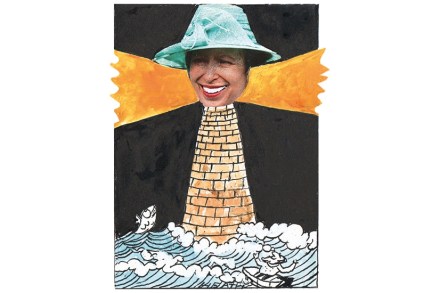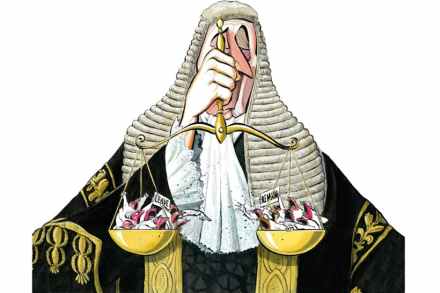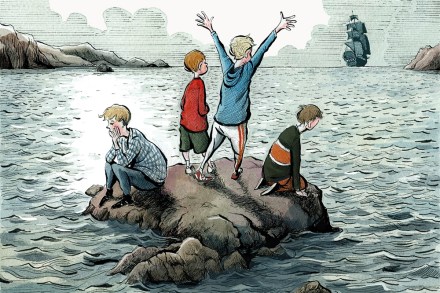I’d never seen a princess wear statement socks – until Anne
Not since the befuddled twilight of George III has a monarch been confined to Windsor Castle for such a duration. Unlike her great-great-great-great grandfather, however, the Queen has been in full command of everything. Now Balmoral beckons. Last year’s Deeside retreat was interrupted by the great prorogation crisis (how swiftly that episode has been relegated from constitutional apocalypse to half-remembered footnote). Since then, the implosion of the Duke of York, the flight of the Sussexes and Covid have made for a bleak royal winter and spring. The prospect of the Highlands should have the Queen’s spirits soaring. Except the Union has never been in graver danger, as James Forsyth spelled





















